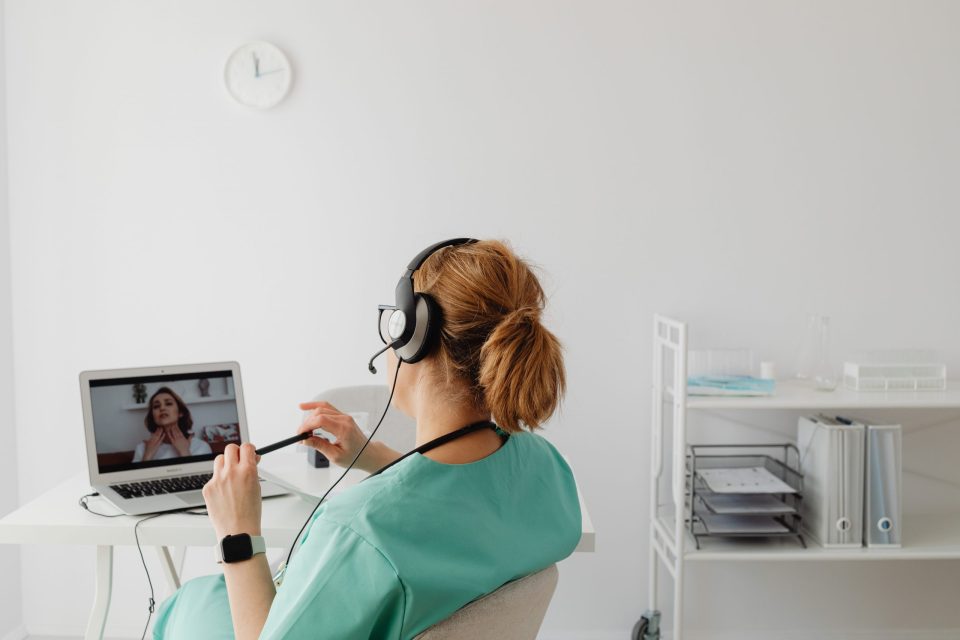Telemedicine could be as effective as in-person medicine in evaluating pediatric genetic disorders, according to a study published in Pediatrics.
The study is the latest in a string of investigations examining clinicians’ and patients’ experiences in telemedicine following its widespread implementation during the COVID-19 pandemic. Evidence has suggested that telemedicine could significantly reduce costs for certain patients, but also that patients and practitioners may prefer in-person visits.
Researchers at The Children’s Hospital of Philadelphia (CHOP) examined 5,854 outpatient visits that took place before and after telemedicine practices were put in place during the pandemic period.
In the retrospective cohort study, the researchers examined visit types, diagnoses, patient demographic characteristics and laboratory data, and assessed patient satisfaction via survey responses.
Ultimately, the researchers found that genetic testing was recommended for more telemedicine patients (79.5% of that group) vs. patients evaluated in person (70.9% of that group). Still, patients seen in person were slightly more likely to have a sample collected (55.1% of that group) vs. their peers who were evaluated by telemedicine (51.2% of that group).
“Telemedicine and traditional in-person evaluation resulted in similar molecular diagnosis rates,” they wrote. “However, improved methodologies for remote sample collection may be required.”
Ian M. Campbell, MD, PhD, an attending physician in the department of biomedical and health informatics at CHOP and a senior author of the study, said in a press release that implementation of “telegenetics” could assist in overcoming geographic barriers to care and increase patient access.
“As a practicing geneticist, I have long emphasized the importance of a detailed physical examination to inform the diagnosis of my patients,” Campbell said. “However, our results challenge the assumption that such exams must occur in person.”
Study co-author Sarah E. Sheppard, MD PhD, who assisted in the investigation while working at CHOP, said in the release that the results could allow for broader testing.
“Some providers reported less certainty in their diagnostic process when evaluating patients by video,” Sheppard said. “This may have led providers to recommend more and broader genetic testing to their telemedicine patients.”
Written By Rose Weldon | Photo by Karolina Grabowska on pexels
